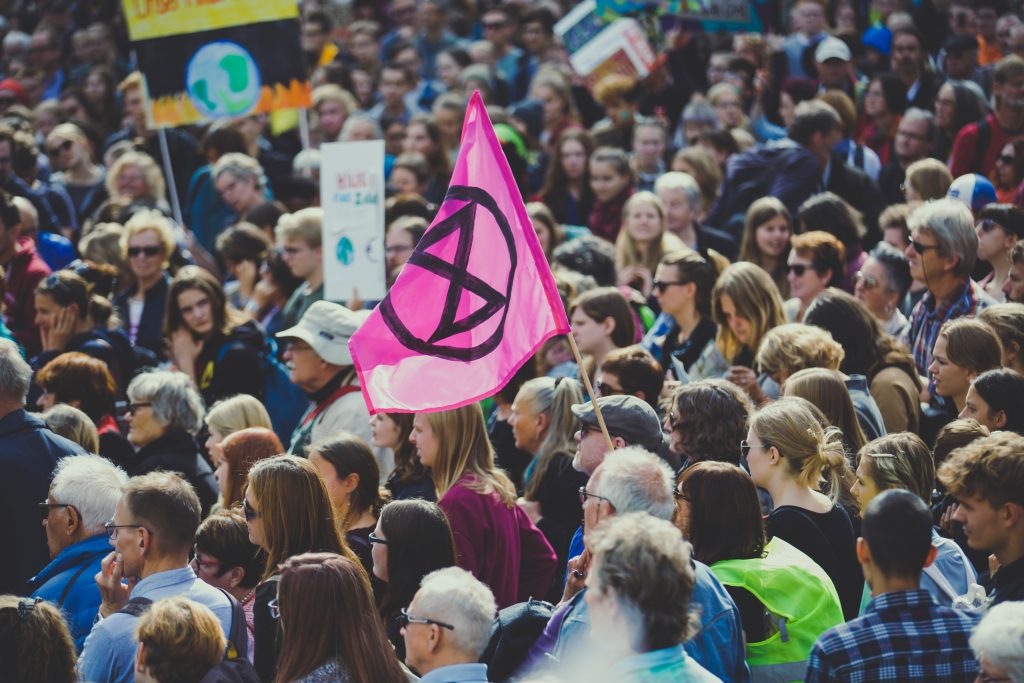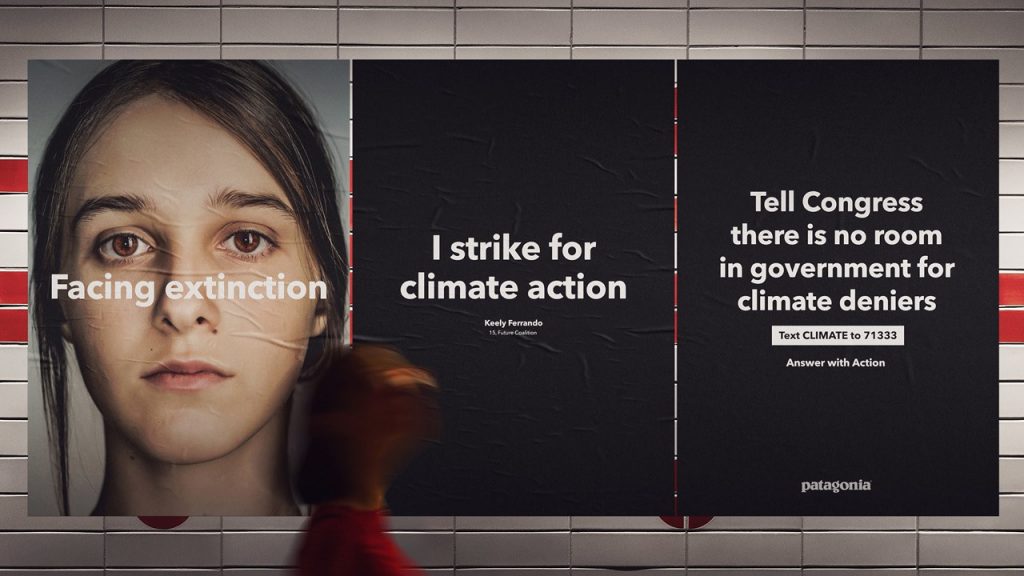When the ‘nice to have’ becomes the ‘have to have’: how brands can help consumers be better
Ten years ago I ran a focus group about brands doing good deeds. I remember one girl using the Fairtrade-certified Dairy Milk bars as an example of making something that she was going to buy anyway a more satisfying experience: she was getting good and doing good at the same time – win win! Would she have bought the bar if it hadn’t been fair trade? Definitely. Would she have considered a different brand that was fair trade in its stead? Probably not.
But that was then and this is now. A lot has changed since 2010 and today we are operating in a context where we, as consumers, are being made increasingly aware of the impact that we are having on our world. Concepts such as triple bottom line businesses, movements such as Extinction Rebellion, individuals such as Greta Thunberg: they are all contributing to the constant reminder that we must start thinking more about the ‘we’ and less about the ‘me’.
And this is affecting consumer behaviours more than ever. According to Nielsen, consumers will spend up to $1bn dollars on sustainable products in 2021. Adopting sustainable and social good practices are no longer a nice to have but a must have: a hygiene factor across nearly all categories.

The need to be more purpose driven certainly isn’t new news to brands but what 2020 brings in is a greater sense of urgency. There are few clients we are working with who don’t have this on their agenda.
But while businesses know that consumers want them to be more responsible, they don’t always know when and where they should be investing in better initiatives.
1 / Don’t wait for a consumer mandate or an order from above
By the time it comes, it will likely be too late. Consumers are looking for brands to take the lead in defining where their responsibilities lie to their consumers and the planet.
Regardless of what stage of growth you are at, good deeds need to be proactively baked into your brand and marketing strategy.
And data shows that consumers want brands to help them do better: an online survey among 1,000 consumers by Futerra Onepulse revealed that 88% of people want brands to help them be more environmentally friendly and ethical in their daily lives.
2 / Prioritise not doing bad over doing good
Trust and transparency are key. In a recent Accenture survey, 66% of consumers surveyed globally said that they are attracted to certain brands over others if the company is transparent with where it sources its materials, how it treats employees fairly etc.
Before you get into credit, you have to get out of debt. Consumers are unlikely to embrace you as a brand that does good deeds if at the same time you are using harmful materials in your manufacturing processes or you are renowned for not taking good care of your employees.
3 / Make sure you know what really matters to your audience
Not all consumers are committed to the same causes. For good initiatives to truly resonate with your audience, they need to be aligned with what matters to them most.
Smaller brands and start-ups have the upper hand here – being able to create competitive advantage by pinpointing the higher order needs and beliefs of a discreet target and using these to build a proposition around. Ecover, KIND LLC and Patagonia are all good examples of this.
For larger, more established businesses with broader audiences, the focus should be on identifying the issues and tensions that are more universally top-of mind for their consumers such as being environmentally friendly and offering sustainable packaging. Being able to have your chocolate bar and knowing that you are doing no harm by consuming it is now a fundamental need to address.

We’ve worked with a range of businesses across sectors, identifying socially responsible initiatives and supporting them to implement them. From banking to drinks to tech. Do get in touch if you’d like to know more about how we can help.




